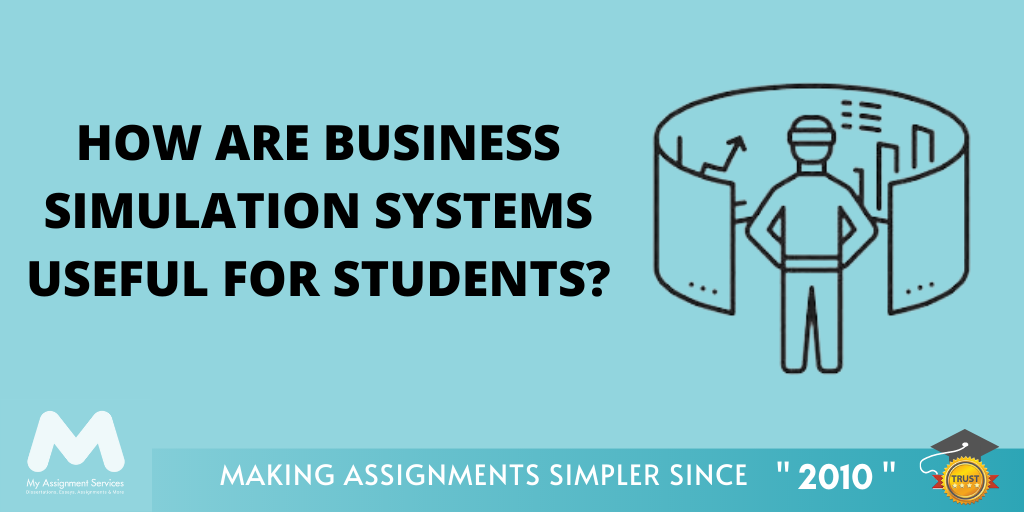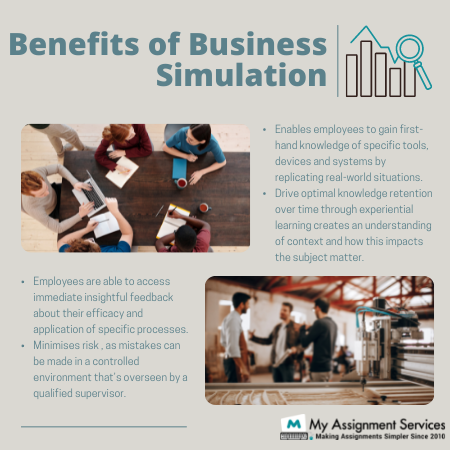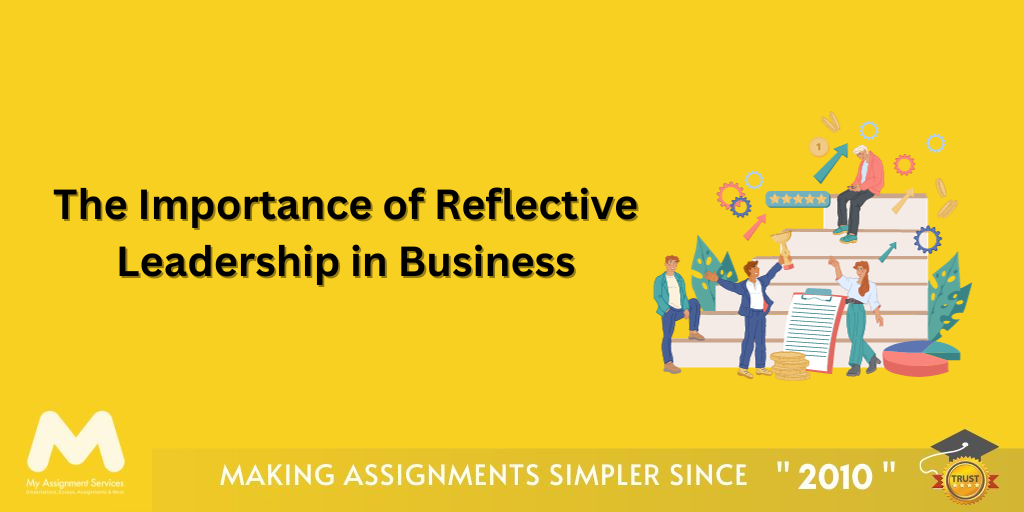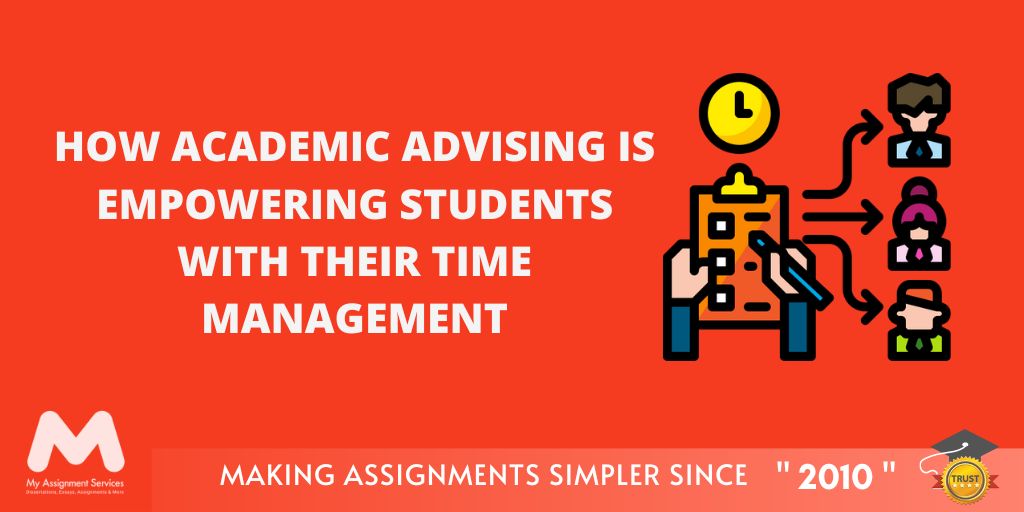How Are Business Simulation Systems Useful for Students

In the last decade and especially the recent few years, sustainability emerged as a major strategy in business operations for various leading firms worldwide. Every business, small or million-dollar worthy ideas aim to conduct the business with minimal losses and avoid any negative impact on the business environment. The sustainability of business has also been added to the business education curriculum.
Various business simulation systems can help companies sustain a green business that minimises the negative effects on the market and the environment. To achieve such an ideal business environment, integrating knowledge of business simulation models must be taught in the university curriculum with real-life examples and implications. Many of you might wonder what exactly is a business simulation and what are some examples of it?
Read forth to know all about a business simulation model, types and business simulation systems examples to understand its real-world applications.

Learn how to acknowledge any source of information using the APA 7th style.
Download Now
What Are The Benefits Of Business Simulation?
A Business simulation model offers hands-on, in-depth learning for management students; it allows an implied approach and theoretical learning. Such a model allows students to improve their contextual knowledge and perceive the overall objective of an organisation and its functioning. There are several advantages to developing a business simulation model, which include:
Impersonating Reality
Business simulation systems mimic the real-world attributes and hurdles that an organisation faces. It provides a large-scale view of various issues faced in business operations by scaling down everything into a manageable mock-up.
Offers a Risk-free environment
Students can learn in a safe environment and analyse the various consequences of varied decisions across the different levels of a company without any apparent risk factors involved.
Educates on co-operation
Involves working in cross-specialised teams that requires exchanging ideas and cooperation with peers. Such knowledge exchange provides leeway for equal learning opportunities and helps students understand the different perspectives and functioning of the different departments of an organisation.
Implied learning
Studies show that we can recall up to 10% of textual knowledge, 20% of auditory learning, 70% of what we verbally repeat, and as much as 80% of implied learning. A business simulation system provides individuals with experience of the consequences of different business decisions.
In system simulation or a digitised simulation
process, the concept of the "principle of
computational interchangeability" has valuable
implications for the decision-maker. Mock
experimentation helps effectively discover
new insights and results for the future conduct
of the real system.
Engages learners
Practical, hands-on learning methods are highly engaging for the students and help them grasp more. They can visualise, plan, discuss outcomes, and get feedback based on real techniques used in a typical workplace.
Swift learning
Such simulation models provide a big picture of the various business operations; participants can grasp a range of knowledge and concepts in a short time. Implying their new learnings to their future/current organisations would help increase productivity and effective decision making.
Nowadays, students are always plugged into their digital devices, which aids them to learn all the relevant information from around the world with just a few clicks. Hence, new age education models must shift to implied learning, engaging and unique methods for each program. Business simulations allow students to learn through practical, implied and first-hand experience.
Management students are required to compose essays, reflections, reports, case studies,ect. If you need assistance with any of these, you can get live guided sessions with our writing experts for writing and editing their papers in real-time. Just fill out the form to get academic writing help and get original plagiarism free content at affordable prices.
What Are The Different Types Of Business Simulation Models?
Simulation provides the learner with an environment with less pressure and no risk of interacting with the subject matter and learning better. In such simulations, students are given authority and control over some virtual companies and provided scenarios to work through.
The various unique scenarios offer the opportunity for learners to apply their knowledge to resolving complex cases. These different scenarios give rise to the different types of simulation models; four types of simulations models are:
Risk Analysis Simulation
Also known as the Monte Carlo simulation, it is a method based on risk analysis in a business. Companies use this simulation before processing a big project or making changes to a business process, manufacturing or marketing.
Agent-Based Simulation
An agent-based business simulation system examines the effects of an external agent on the business system or the overall business environment. In layman's language, it can include something as small as the effects of the new laser-cutter or something as huge as the impact of the pandemic on the overall business performance.
Apples and Oranges - a simulation model, developed
by Nexia Australia. The participants work in teams of
four or five to manage an artificial manufacturing unit.
The objective of this model is to help non-finance workers
learn the basics of business finance.
Discrete Event Simulation
The effects of internal events or the results of a specific event in the business processes. For instance, the technical support system in a business involves the user calling the help desk, the automated system connecting the call, and the service agent heeding the customer's needs; discrete event simulation models are based on checking the proper functioning of the system.
System Dynamics Simulation
The system dynamics simulation model does not include the minor details of the system. For example, the business simulation systems will focus on the entire sales process of the business rather than focusing on the specific unit of the department. The management would use the overall system dynamics simulation to analyse the system's long-term goals.
Clearly, you can see that each type of simulation has its advantages and specified results the company wishes to extract for a certain analysis process. Choosing the correct model for the company's needs is the first step in designing a simulation system. The availability of adequate information and required tools is also necessary for conducting the simulation.

Some Real-Life Business Simulation Systems Examples
The future of professional work settings is now switching to remote or hybrid work. The recent covid crises discarded any form of preparation or strategies that businesses had for sustaining their business functioning and dynamics. Since then, new technologies and strategies have emerged to help businesses/individuals prepare for any such circumstances in the market or the global economy. A few business simulation systems examples are:
The initial use of games for teaching and
development dates back to 3,000 B.C.;
war game simulations were extensively
used in China to train soldiers about war
strategies. By 1960 various business games
emerged in the education sector and business
training units that have evolved into the games
we play on our phones.
- Business simulation games have been in use for decades now, be it playing monopoly or digital simulation games like city skylines. Such games provide you with the thrill and excitement of running a business but without the pressure of real-world circumstances. The latest updates have made such games more interesting and informative for the players.
- Extended reality or X.R. is a form of an automated system that comprises Artificial Intelligence, Machine learning, and Virtual Reality that will help businesses develop advanced simulation models. Such simulations will mimic the real-world circumstances in digital form to help train employees well-equipped with skills and knowledge for adverse circumstances and lower employee turnover.
- Businesses are now focusing more on talent, work-quality than qualifications to hire employees and simulation models help them attain the same. For example, commercial pilots have to qualify through a simulator exam to get a licence. X.R. tools also aid businesses in this.
Although many businesses still believe in the traditional means of training corporate talent through experience and working. Yet, the use of simulation models has increased as businesses are inclining on these for their future. Who knew the traditional wat practice/simulation methods would make a comeback and, this time, applied to the corporate world.
In the current economy, students in management schools must possess multiple skills. It can be challenging to learn accounting and management while learning all the business operations concepts and added information technology comprehension. If you are a university student struggling with your Management Assignment, just fill out the enrollment form to get affordable Management Assignment Help and free academic resources.
Related Study Materials
Our Experts can answer your Assignment questions instantly.
Ask Question0 Comment
![]()









Loved reading this Blog? Share your valuable thoughts in the comment section.
Add comment